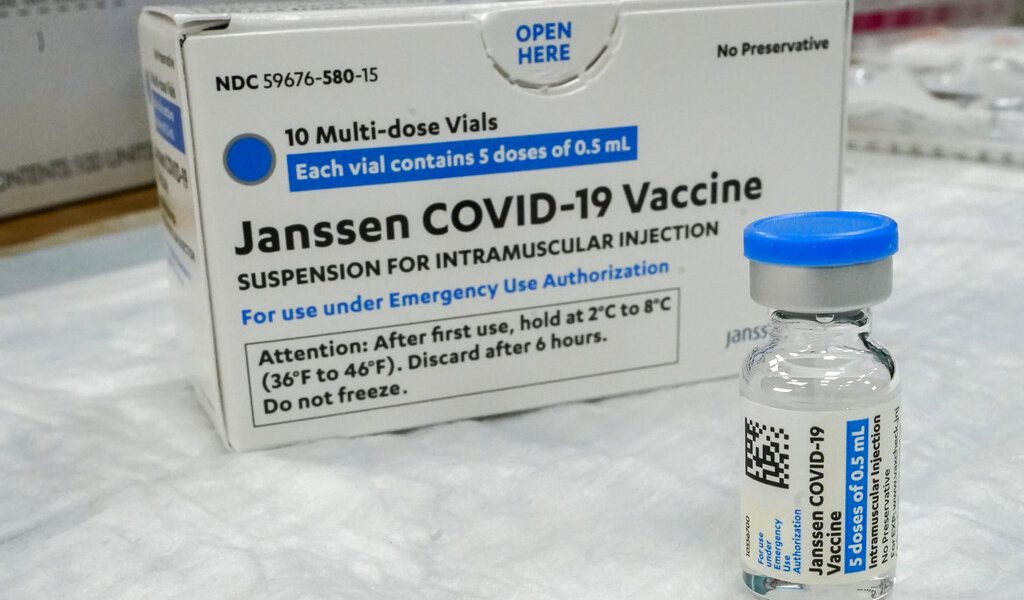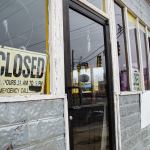Adults in Texas became eligible to receive the COVID-19 vaccine starting March 29, a year after COVID-19 was declared a pandemic.
Texas has dispensed more than 10 million doses of the vaccine as of March 26, according to a news release from the Texas State Department of Health Services.
The DSHS reported over 2.5 million first doses would be distributed to providers across the state this week.
As the vaccine becomes more accessible, many question if it’s the right choice to get vaccinated. People are skeptical of the safety of the vaccines; there is uncertainty over the efficiency of the vaccine and if it truly protects people from contracting the virus.
The Mesquite contacted Junda Woo, San Antonio Metropolitan Health District’s medical director, to discuss how the vaccines work.
How effective are the COVID-19 vaccines?
In trial, the messenger RNA vaccines* were anywhere from 84-85% effective. In real life, they’re 90% effective after two doses and 80% effective after one dose. The mRNA studies looked at protection against all kinds of infection, even mild ones. For the single dose vaccine, the trial only looked only at moderate to severe disease, it was 85% effective against severe disease. They are all highly effective against severe illness.
What is the difference between the vaccines?
The mRNA vaccine includes a bit of the recipe for making fake spike proteins. What your body does is create an antibody for that fake spike protein and that’s webbing up your immune system. By contrast, the single-dose viral vector vaccine* uses a more traditional method where they’re injecting someone with fake lab-produced spike proteins. The body then makes antibodies to the fake spike proteins.
*Pfizer and Moderna are types of mRNA vaccines. Johnson and Johnson is a viral vector vaccine.
Why is it important to get the second dose?
Immunologically, the first dose primes the pump, so to speak, and then with that second dose your immune system is really trained and ready to go. For the second dose, that booster is really important to make sure everything is working properly.
How long should people wait before getting the second dose?
Depending on the brand, it is going to be somewhere between three weeks and six weeks.
Can someone contract coronavirus between vaccinations?
Yes. Not only is it possible, but they absolutely saw that in the studies for approval of the vaccines.
How long does it take for the vaccine to take effect?
Studies looked at vaccine efficiency results one to two weeks after the second dose.
What are common side effects of the vaccine?
Pain in your arm where you got the shot, maybe redness, general tiredness, headache, fever and chills are most common during the second dose. It’s not COVID. The vaccines have no COVID, they have no live COVID, they have no killed COVID, they have those bits of fake protein. The side effects are symptoms of your immune system webbing up.
Why is it recommended for people to wear a face covering and practice social distancing after receiving the vaccine?
The vaccine is not 100% effective, for one. There are still some questions about whether even after you’ve been vaccinated you can still carry the vaccine and infect other people. In a public setting, there is really no way to know who’s been vaccinated and who hasn’t. It’s still part of this culture of being considerate of other people.
So, if you’ve been fully vaccinated and you are with a small group of other people that have been fully vaccinated, then you don’t have to wear your masks. If you’re in a large group (or) if you’re with people that have traveled recently, those are times when we would still recommend wearing a mask.
To schedule an appointment go to Texas Public Health Vaccine Scheduler.







